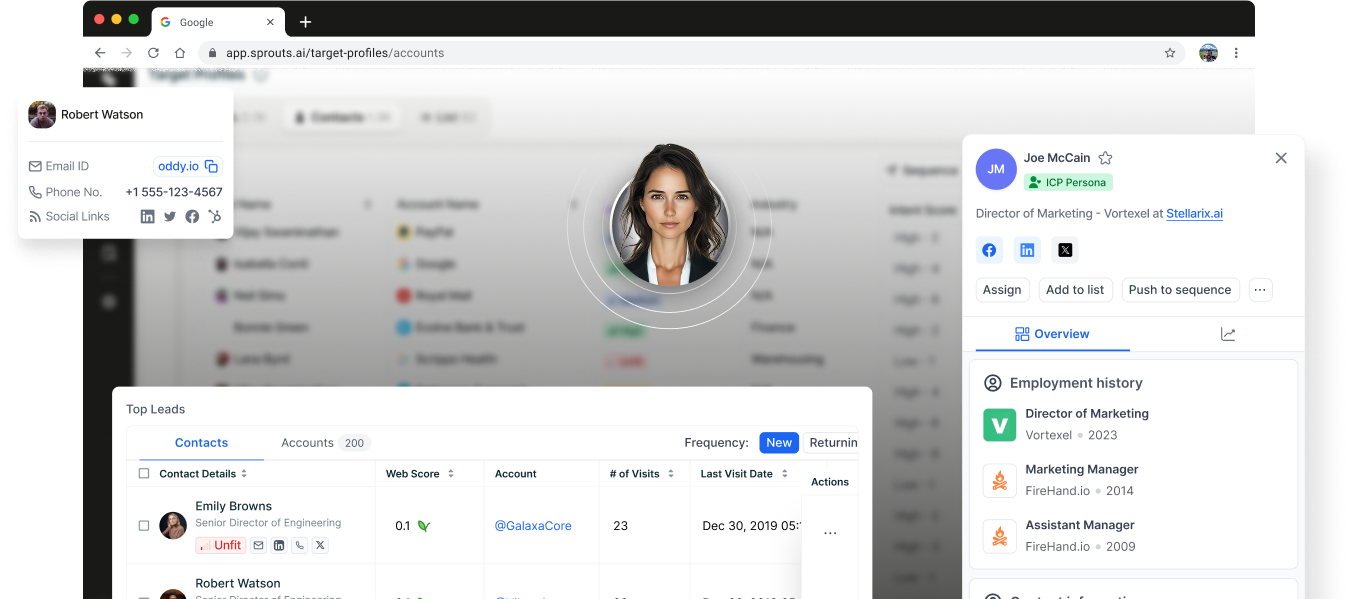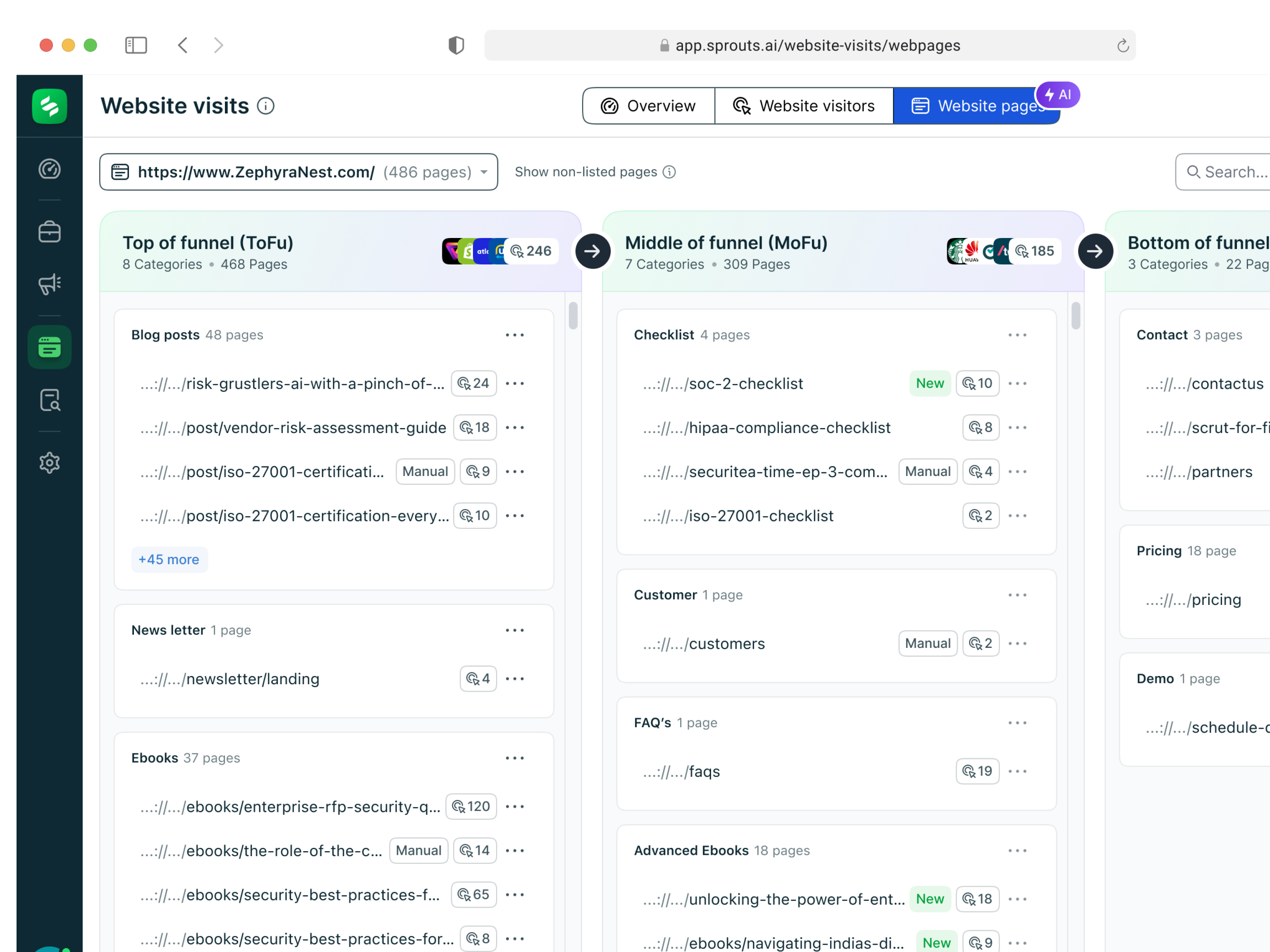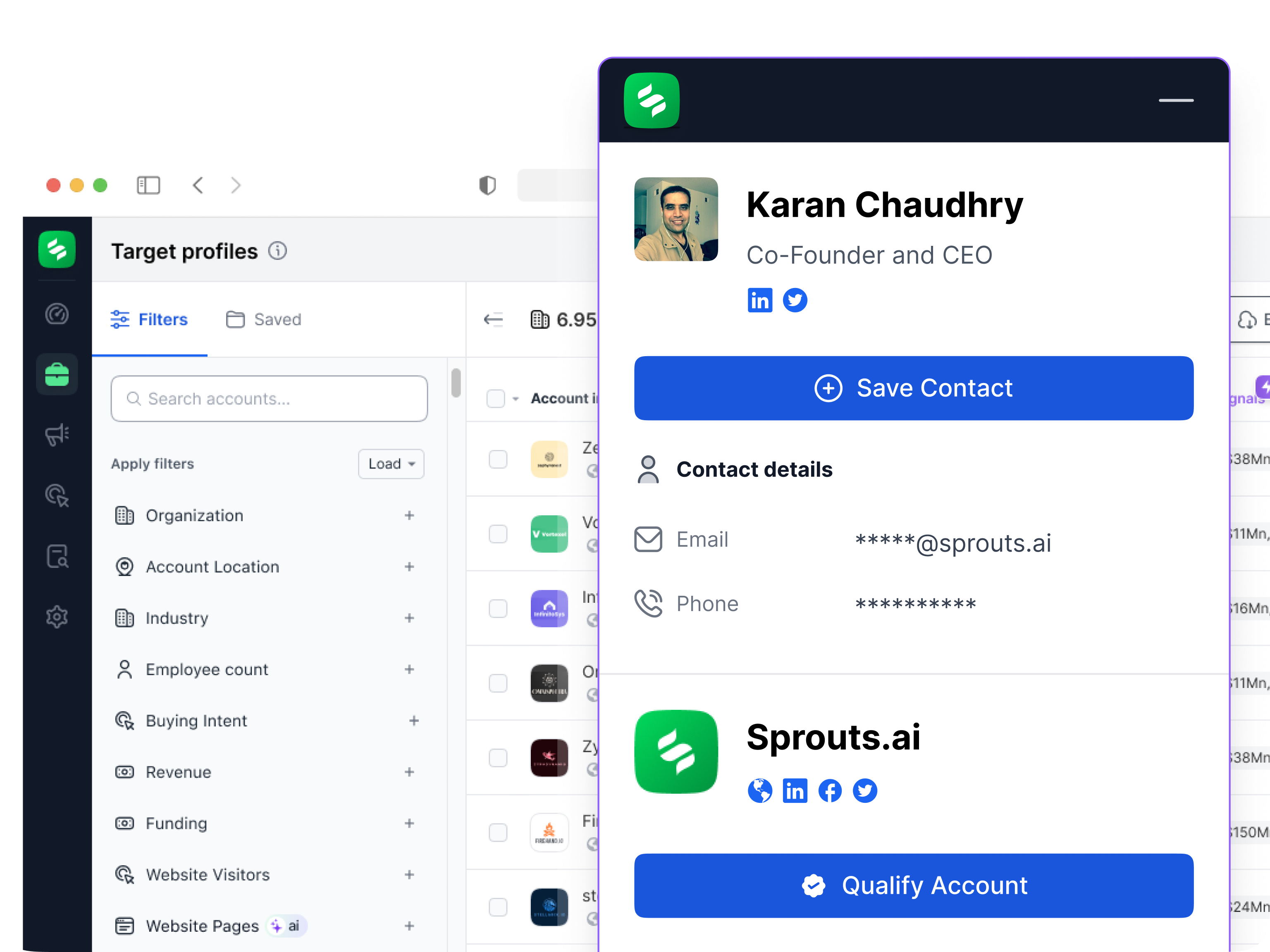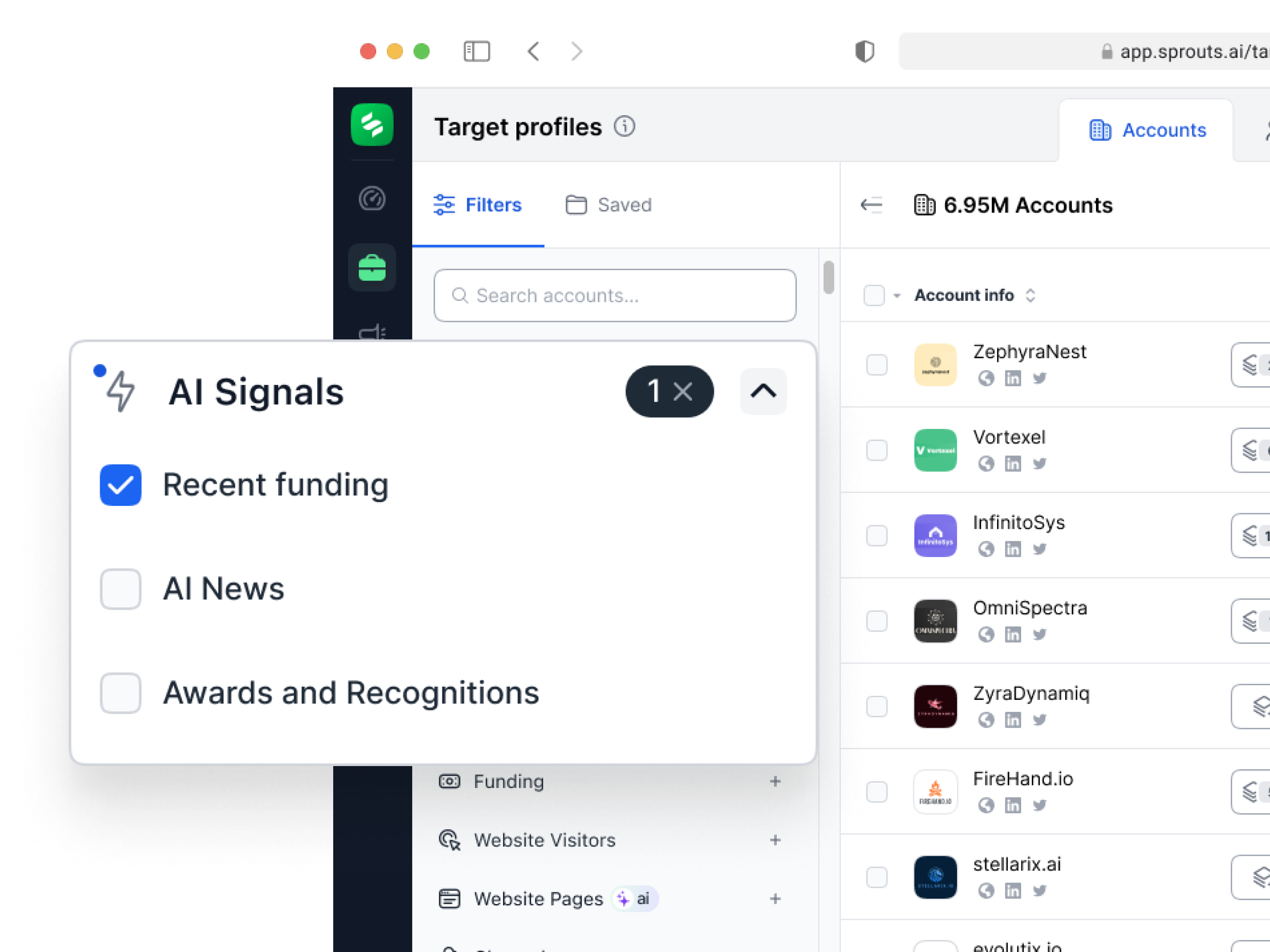Product-Led Growth vs Sales-Led Growth: Which Path Drives Better Results?
To fuel business expansion, many companies turn to two dominant growth models: product-led growth and sales-led growth, each with its own unique approach. Both approaches aim for the same goal—revenue generation and business expansion—but the road they take is quite different. While one puts the pro...


































